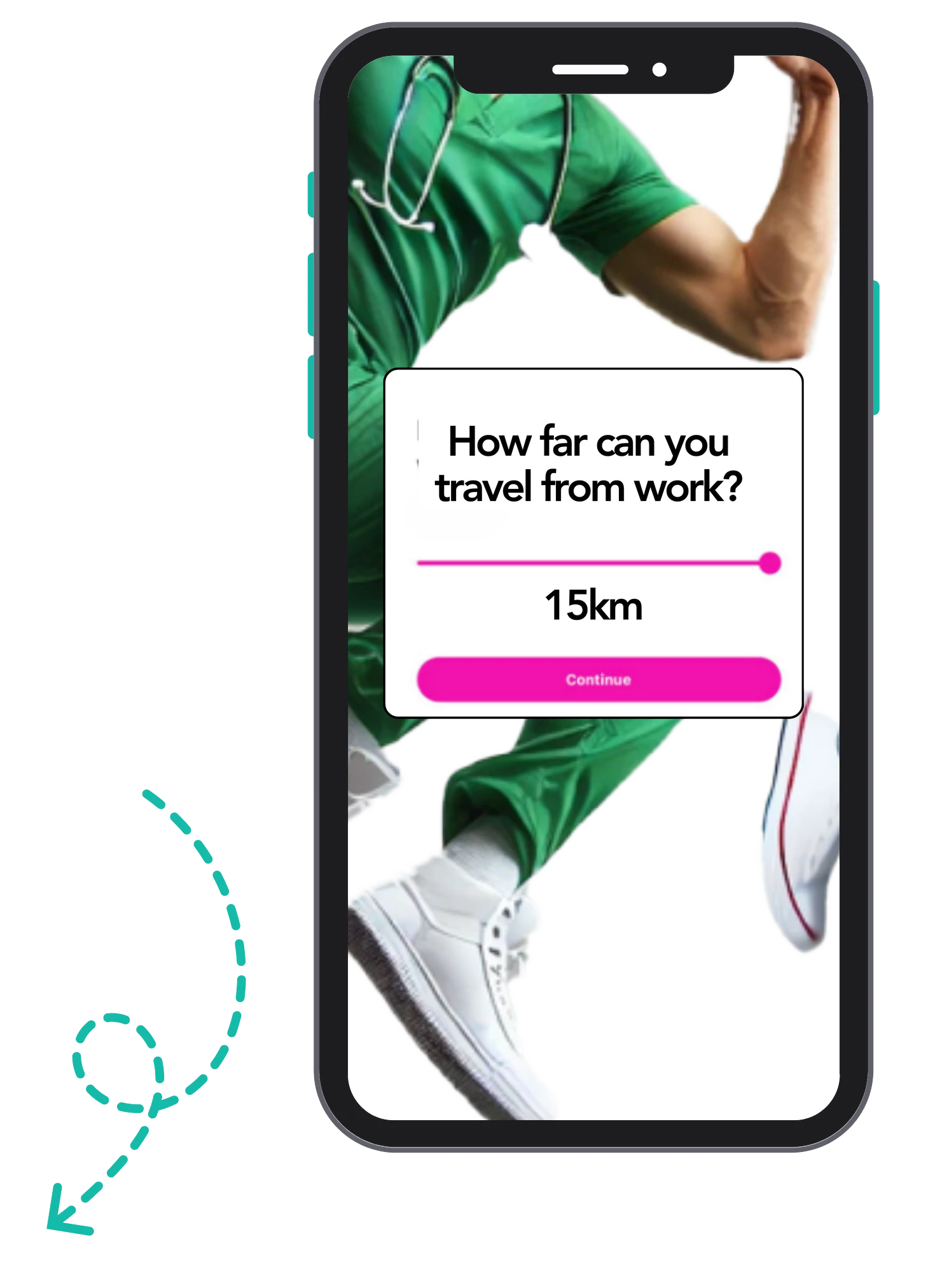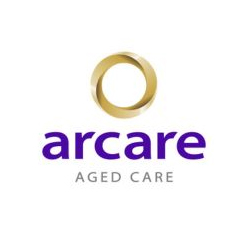
Aged Care Job Searching, Simplified.
Aged Care Careers, Maximised.
Download the app today and apply in seconds!

Sign Up In 60 Seconds
Seriously, its that fast!!
Download the hopstep app, set your location & career preferences, and you’re in! Instantly get matched with jobs that fit your skills and goals. Quick, easy, and hassle-free job matching, because finding work shouldn’t be hard!
Work Close To Home
Healthcare Jobs Where You Need Them
Tired of long commutes? hopstep helps you find healthcare jobs near you, so you can spend less time traveling and more time doing what you love. Set your preferred location, and we’ll match you with roles right in your area!


Smart Matching
Jobs that fit you instantly
No more endless searching! hopstep matches you with healthcare jobs that only align with your skills, experience, and preferred location, all in real-time. Get notified the moment a role suits you, so you can apply with confidence and land the right job, faster.
Smart Matching
Jobs that fit you instantly
No more endless searching! hopstep matches you with healthcare jobs that only align with your skills, experience, and preferred location, all in real-time. Get notified the moment a role suits you, so you can apply with confidence and land the right job, faster.

Swipe to Apply
Your perfect role in your perfect location
is only a swipe away
With hopstep, there’s no complicated process, just swipe right on roles you’re interested in to apply instantly Get hired faster, with a seamless and stress-free experience.

Trusted by Leading Healthcare & Aged Care Providers























